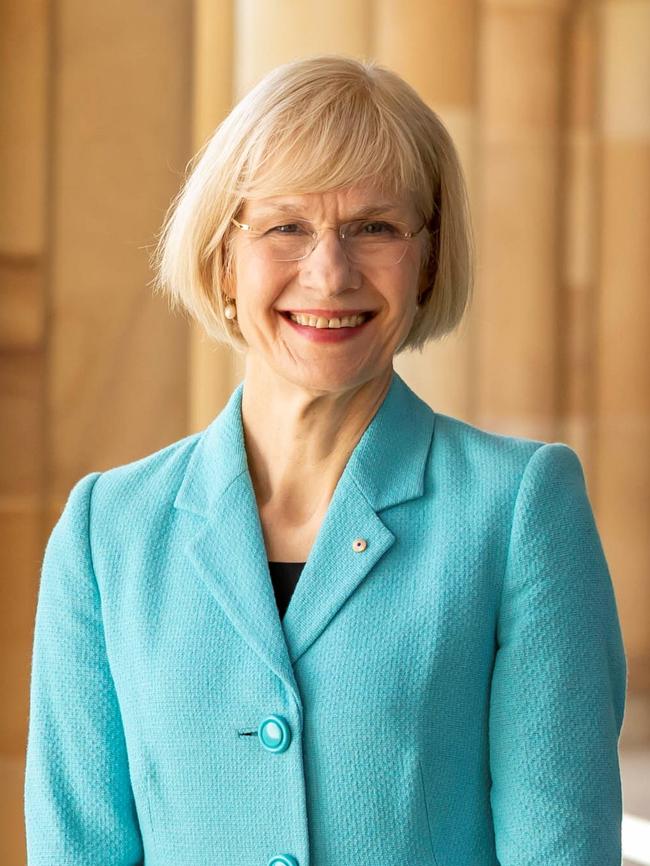Future Brisbane: Our 2032 legacy will be built on knowledge
Lasting legacies from Brisbane 2032 will be much more than new stadiums and better transport, writes The University of Queensland’s VC Deborah Terry.
Opinion
Don't miss out on the headlines from Opinion. Followed categories will be added to My News.
Attention on the 2032 Olympic and Paralympic Games is focusing, quite rightly, on getting the South East Queensland’s legacy infrastructure and transport right.
Imagining Queensland post-Olympics has given us all a chance to dream a little about what we can do now, so that in 2032 we can look back with pride on what Queensland has become.
But lasting legacies from Brisbane 2032 will be much more than new stadiums and better transport.
Future Brisbane: We can become world leader in tech and innovation
Future Brisbane: Queensland cruise industry is thriving but more support needed
Queensland already has a story about what makes us special.
Our story is one of change and growth. And its roots are in the natural advantages we’ve inherited – a unique mix of resources, climate, stunning natural environment, and the creativity and ingenuity of our people.
When The University of Queensland was founded 115 years ago, its founders imagined their legacy not just in terms of buildings and transport, but in what Queensland’s Governor Sir William MacGregor described as “health, wealth, and in the amenities and comforts of life”.
At UQ’s dedication ceremony in 1909, Sir William told the crowd that UQ was founded not just to educate Queenslanders, but to “facilitate and encourage original research and invention” for the benefit of Queensland.

While Queensland today would be almost unrecognisable to Sir William, its economy still relies on what he described as the state’s “extraordinary multiplicity of resources”.
What powered a century of growth since then is the education, research and invention that added value to those resources.
The 2032 Games is a chance to again apply our intelligence and skills to enhance the food and minerals we produce, to protect our environment, and to use those resources wisely, so we can look back with pride.
Right now, for instance, UQ is working through our Food and Beverage Accelerator (FaBA) – a collaboration with UniSQ, QUT, government and local businesses – to invent new foods and flavours for a growing global market.
Our new Bio-sustainability Hub is helping companies cut carbon emissions through biotech. We’re also involved in building a large-scale battery manufacturing industry that will rely on the sustainable extraction of our minerals. And UQ’s new campus at Dutton Park is part of a rapidly evolving biomedical and biotechnical precinct.
The reason innovators, entrepreneurs, researchers and students are flocking to Queensland today can be traced back to 1988, when Brisbane was the host city for the World Expo.
The theme of Expo ’88 was, quaintly, “Leisure in the age of technology”.
Queensland had a tourism industry back then based on our climate and beaches, but Expo ’88 also promoted a high-tech future.
Mega events such as World Expos and Olympic and Paralympic Games change cities, sometimes in surprising ways.
When Queensland hosts the world’s first carbon-neutral Games in 2032, the world will want to know how we did it. We’ll be able to tell them a uniquely Queensland story, about how we applied education, research and innovation to our natural resources to serve the public good.
Queensland has changed, but the positive legacies that last, the ones that stand the test of time, are those that truly reflect what we already have.
That’s our story, and that will be our legacy.
Professor Deborah Terry is Vice Chancellor at The University of Queensland


